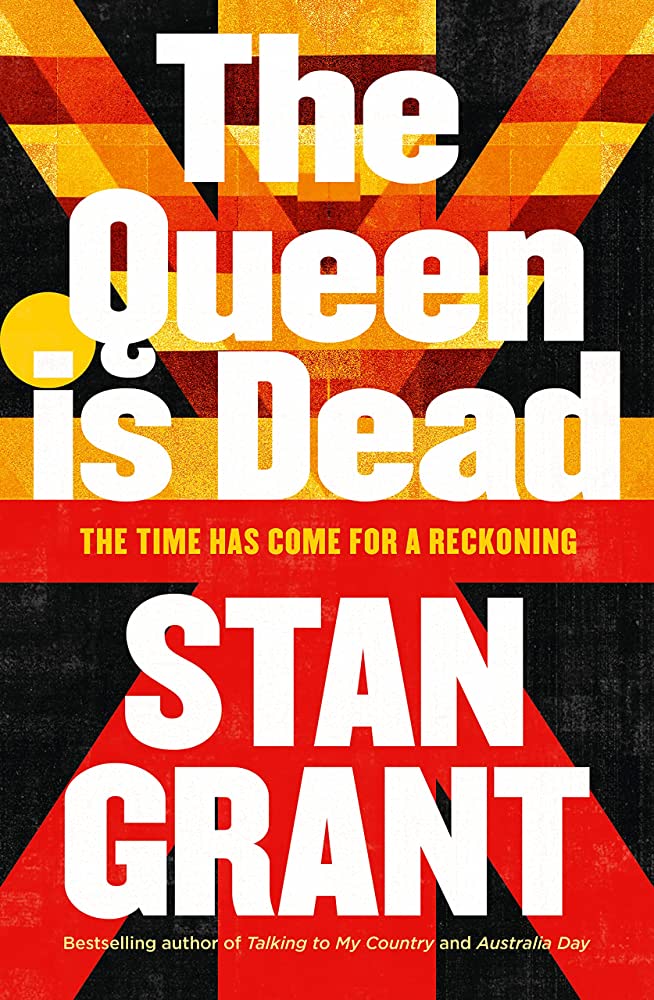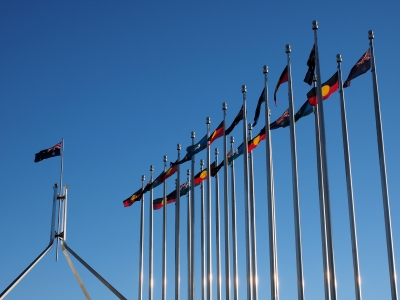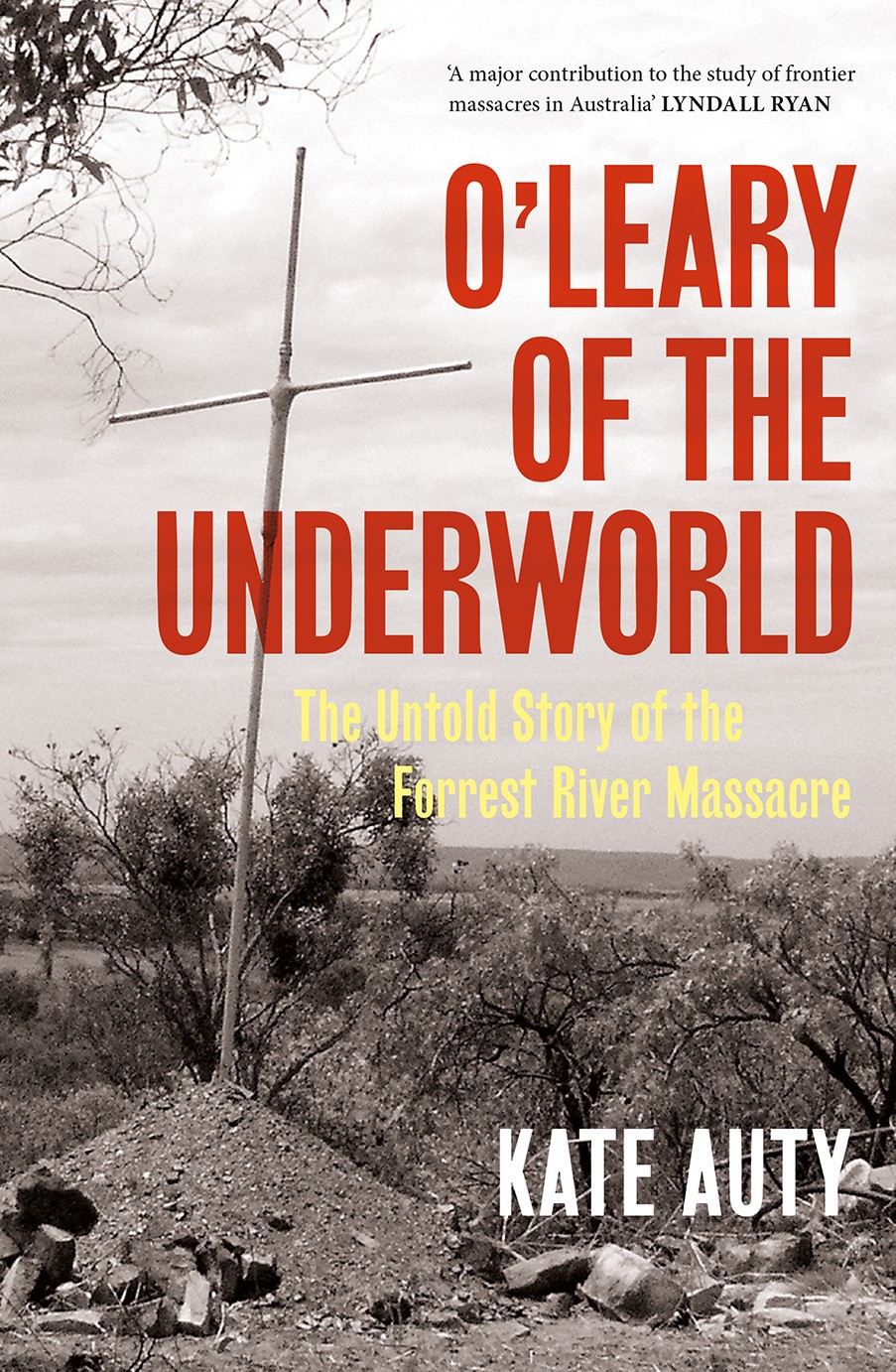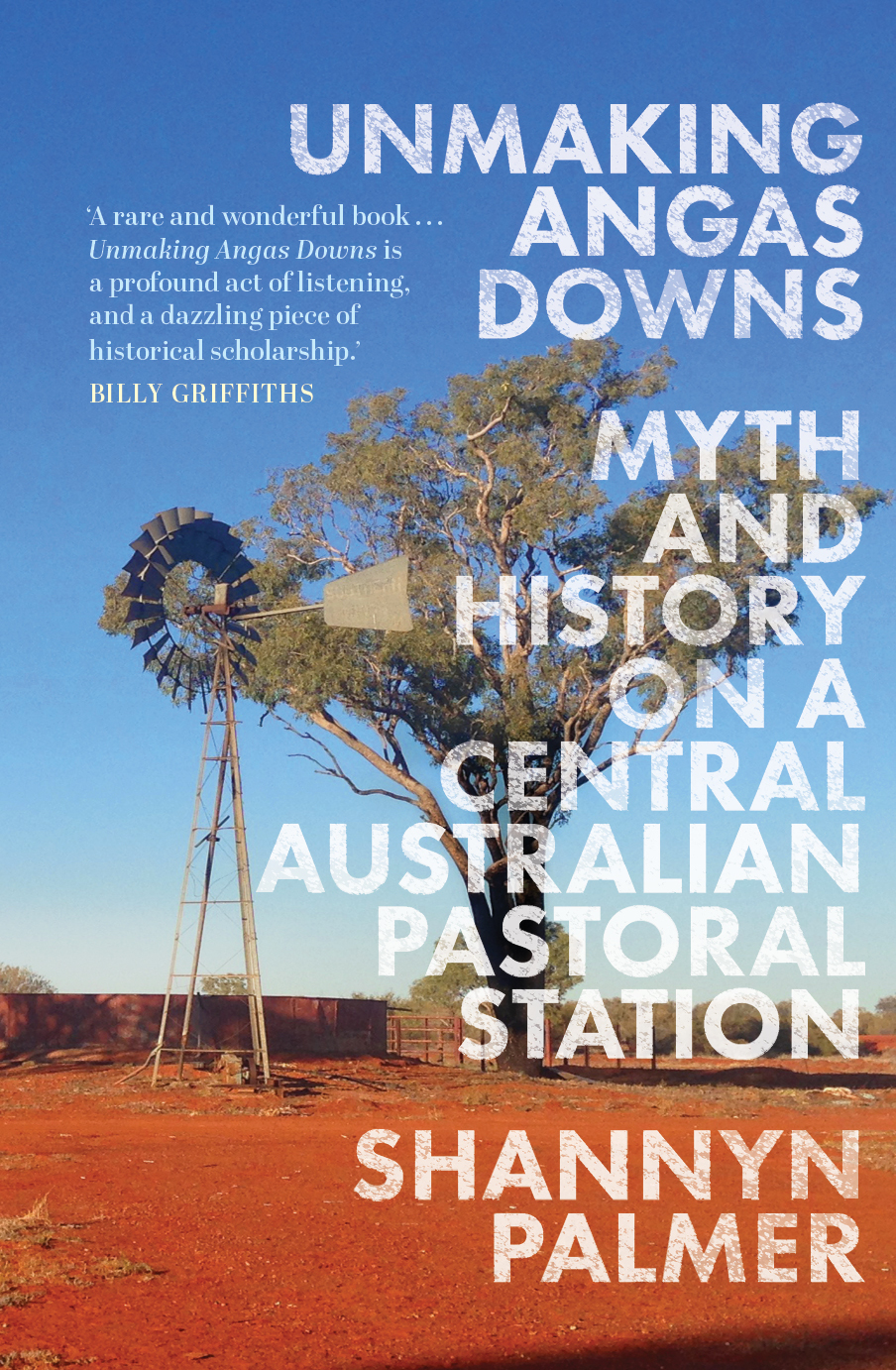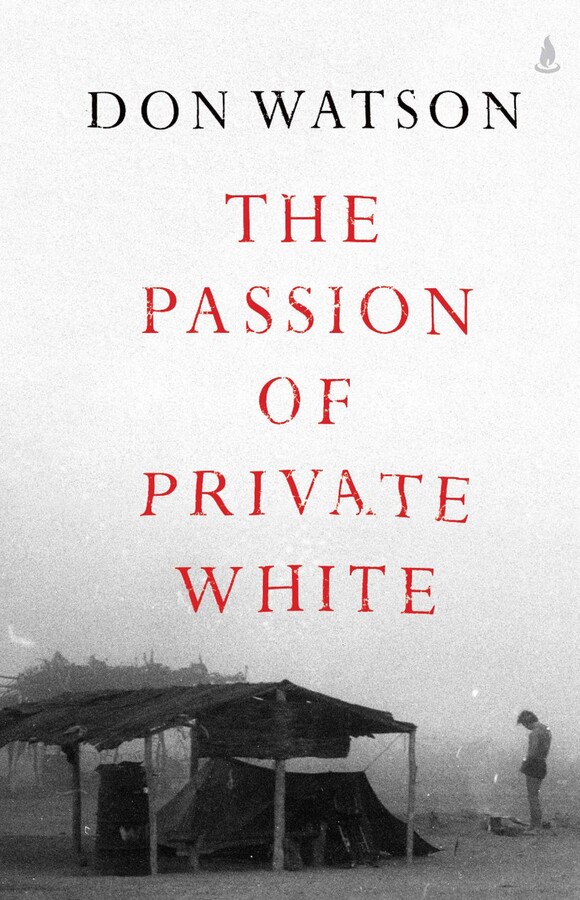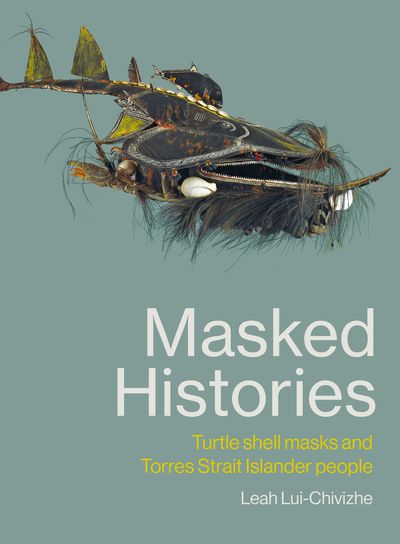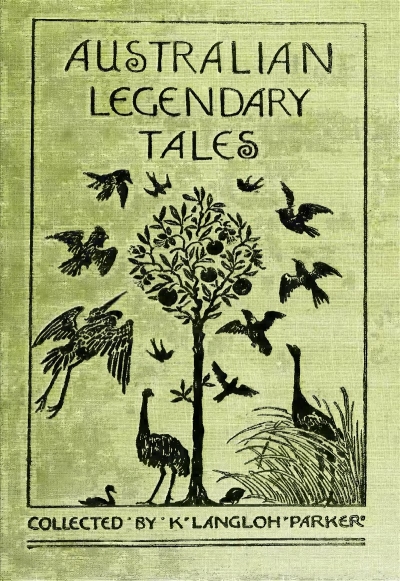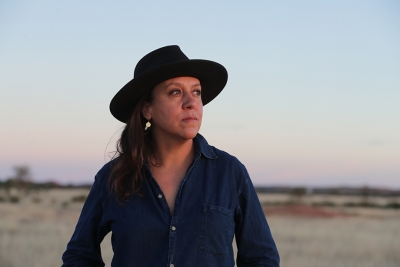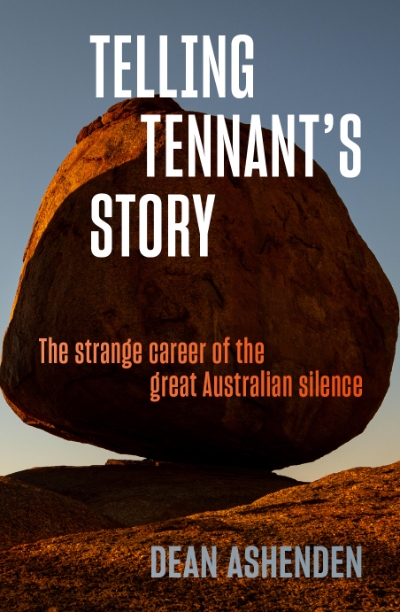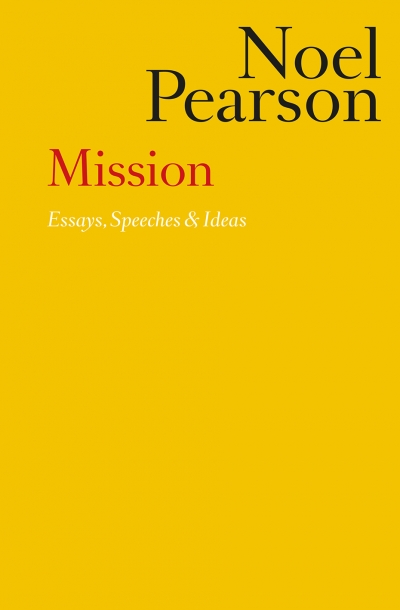Indigenous Studies
The Queen is Dead: The time has come for a reckoning by Stan Grant
As I write this review, Stan Grant’s name is everywhere as the media and the public absorb his decision to step aside from compèring ABC Television’s Q&A after citing the cumulative wear and tear on him and his family of weeks of online racist abuse. Yet such is the pace of the twenty-four-hour news cycle that by the time this review appears, another episode in the seemingly never-ending racist diatribe against Australian First Nations peoples will have moved Grant off the front pages. The ‘trolls of the Twitter sewer’, as Grant calls them, will have found another target for their hatred and aggression.
... (read more)On 27 May 1967, a proposal to change two clauses of the Australian Constitution won the approval of 90.77 per cent of those who voted, the highest ever achieved in an Australian referendum. In the forthcoming referendum, according to various opinion polls, the best the advocates for a ‘yes’ vote can hope to achieve is a bare majority. How can this difference be explained? Several factors appear to be at work. They range from the simple, which are acknowledged, to the complex, which don’t seem to be known.
... (read more)O'Leary of the Underworld: The untold story of the Forrest River Massacre by Kate Auty
This is no ordinary history book. It is in part an account of a massacre and in part a biographical study of one of the perpetrators, Patrick Bernard O’Leary, yet it reads more like a novel, or a prosecutor’s statement in court, than like a conventional history. It is a truly angry book, full of rage at the fact that the perpetrators of a massacre were never brought to justice, rage at the justice system’s treatment of Indigenous people. Its desire to ensure that the victims are never forgotten starts with the dedication, to Warrawalla Marga, an old woman ‘who was walked to her death with a chain around her neck by O’Leary and others in June 1926. She and all the others are not forgotten.’
... (read more)Unmaking Angas Downs: History and myth on a Central Australian pastoral station by Shannyn Palmer
In Unmaking Angas Downs, researcher and writer Shannyn Palmer seeks to understand why a derelict pastoral station in Central Australia, once a hub for First Nations people and a popular tourist destination en route to Watarrka Kings Canyon, was abandoned. Established by white pastoralist Bill Liddle in the late 1920s, Angas Downs is 300 kilometres south-west of Mparntwe Alice Springs at a place known as Walara to Anangu. Curious about the shifting fortunes of Angas Downs, Palmer travels to Walara to uncover the ‘histories that are obscured by the single, fixed idea of the pastoral station’.
... (read more)No publisher or literary agent could have dreamt up or commissioned this remarkable book. It is wholly unexpected and original. It is about some Yolngu clans in north-east Arnhem Land, a group of Vietnam veterans, and an anthropologist named Neville White, who happens to be an old friend of one of Australia’s finest writers, Don Watson. Watson observes Neville, who systematically observes the Yolngu, who are regularly visited by the vets. It sounds like a lugubrious farce and sometimes it reads that way. But it is a deeply serious enquiry into questions at the heart of Australian history, politics, and identity.
... (read more)Masked Histories: Turtle Shell Masks and Torres Strait Islander People by Leah Lui-Chivizhe
Turtles, Leah Lui-Chivizhe shows us in Masked Histories, are at the centre of Torres Strait Islander lives. They follow the Pacific currents and slipstreams, arriving in the Islands in the mating season of surlal, making available their eggs, their meat, their shells. For millennia, marine turtles have provided Islanders with material for subsistence and ceremony – allowing them to practise ceremony with turtle shell masks so evocative of Islander cultures and histories.
... (read more)The handsome reissue in one volume, by Collins, of Australian Legendary Tales with illustrations by Rex Backhaus-Smith, is a most welcome addition to current publications for Australian enthusiasts and certainly well overdue.
... (read more)At a pivotal moment in the new SBS miniseries The Australian Wars, director and presenter Rachel Perkins takes us to a place she says is ‘etched in the memory of my family. A place called Blackfellas Bones.’ Perkins turns to talk directly to camera: ‘You know, we turn away from things that we don’t want to see. We all do it. And I admit that I actually didn’t really want to make this documentary series because I knew that I’d have to spend years going through the horror of it. But … making this film has led me to this place … a place where many members of my family were killed. But my great grandmother survived to tell the story.’
... (read more)Telling Tennant’s Story: The strange career of the great Australian silence by Dean Ashenden
In Telling Tennant’s Story, Dean Ashenden gives a lucid, succinct, eminently readable account of the reasons why Australia as a nation continues to struggle with how to acknowledge and move beyond its past. Travelling north to visit Tennant Creek for the first time since leaving it as a boy in 1955, Ashenden is provoked to question the absence of shared histories on the monuments and tourist information boards along the route. Mostly, the signs record pioneer history, from which the Indigenous people are absent. When the Indigenous story is invoked, it records traditional practices and does not mention white people. ‘How did they get from then to now?’ he muses. ‘Just don’t mention the war.’
... (read more)The brief and unpretentious biography of Noel Pearson on the dust jacket of Mission: Essays, speeches and ideas describes him as ‘a lawyer, activist and founder of the Cape York Institute’. Although surely accurate, this gives little indication of the stature this remarkable man has assumed in Australian public life over the past thirty years. If Pearson is an activist, it is of an unusual kind: one who has combined the roles of insider and outsider, agitator and wonk, intellectual and politician, in highly original and productive ways.
... (read more)

